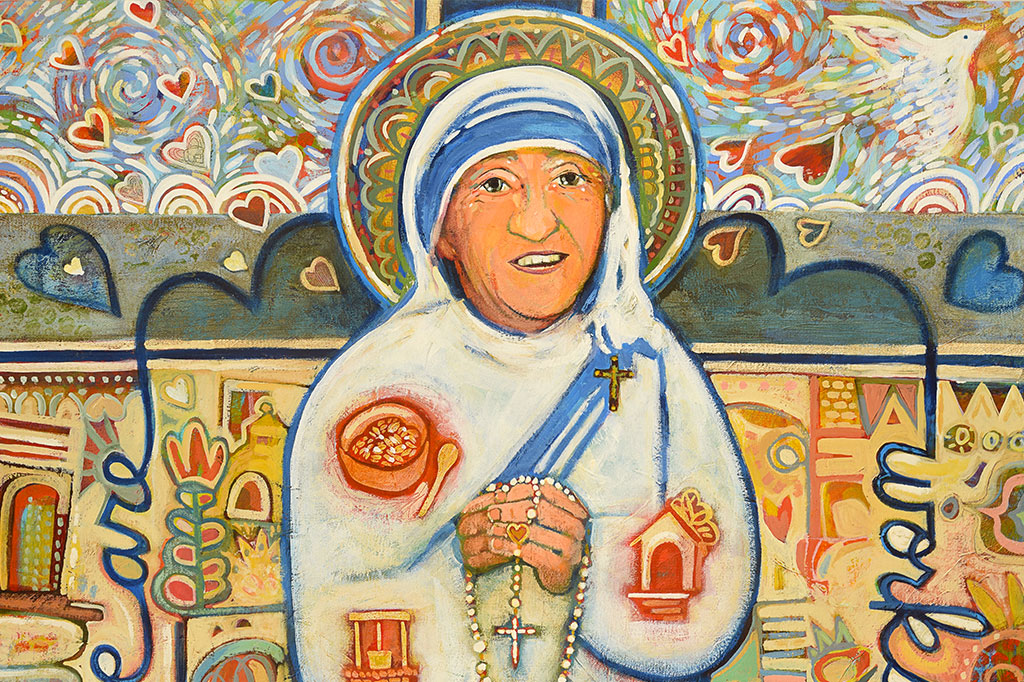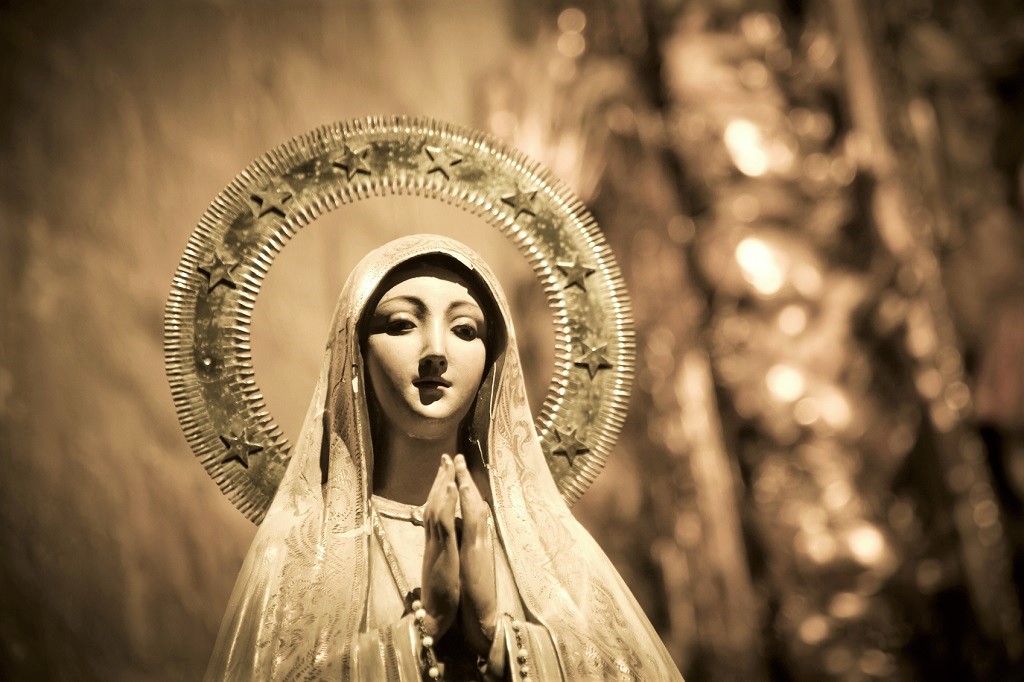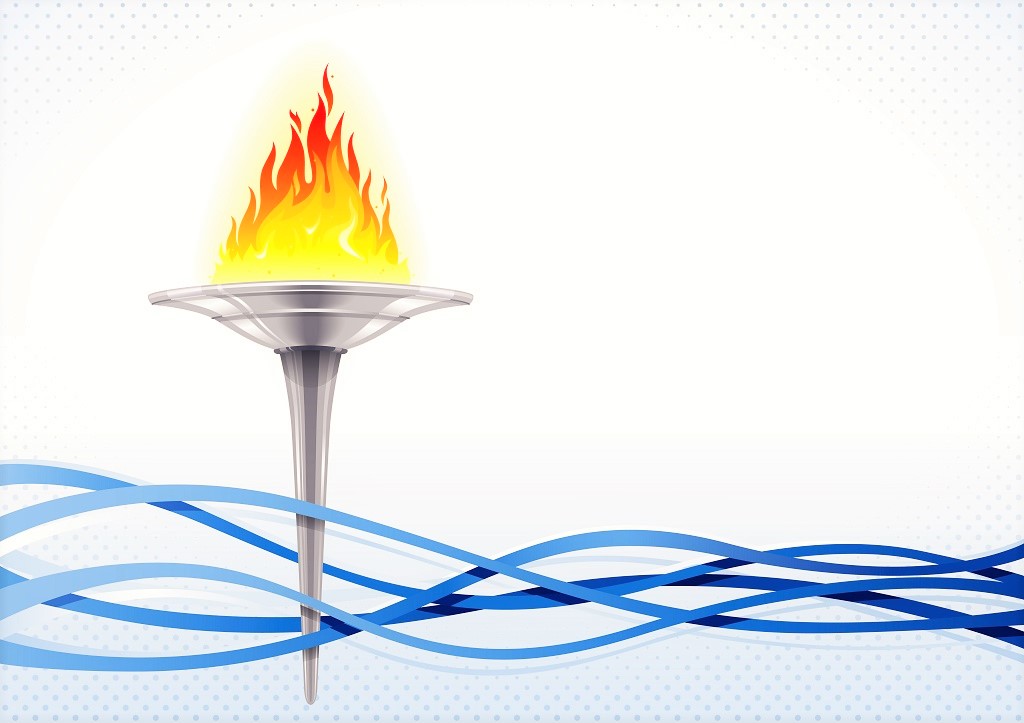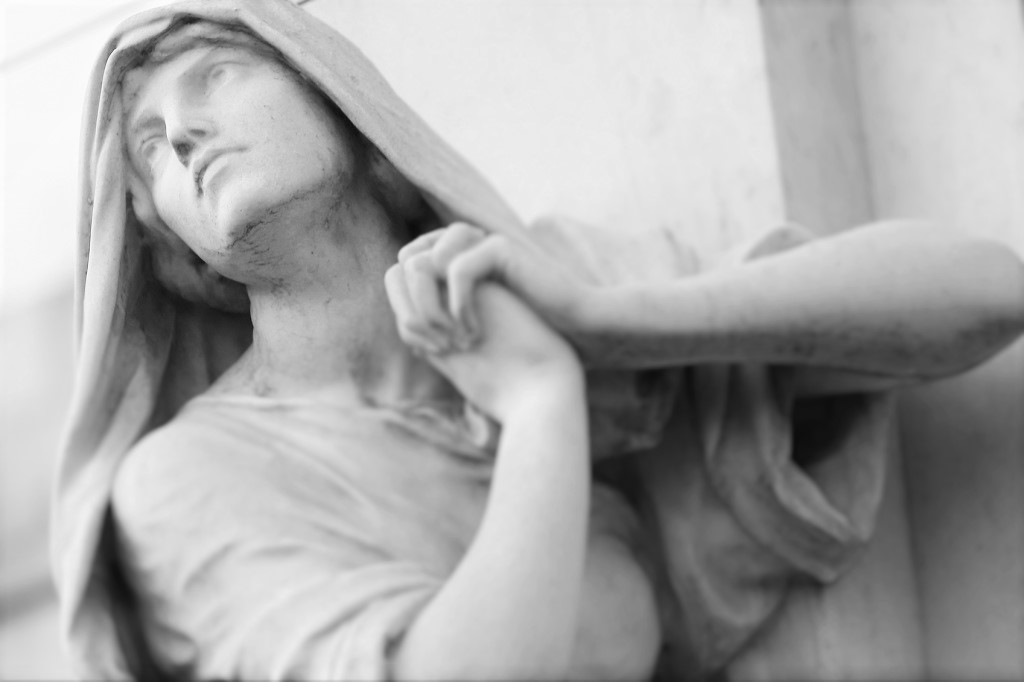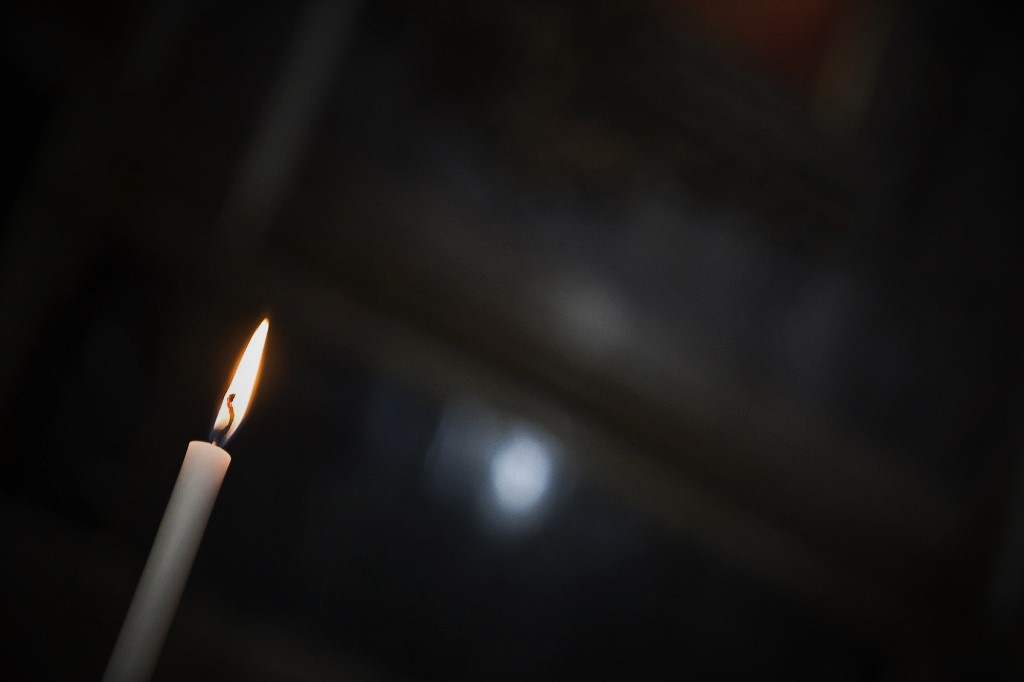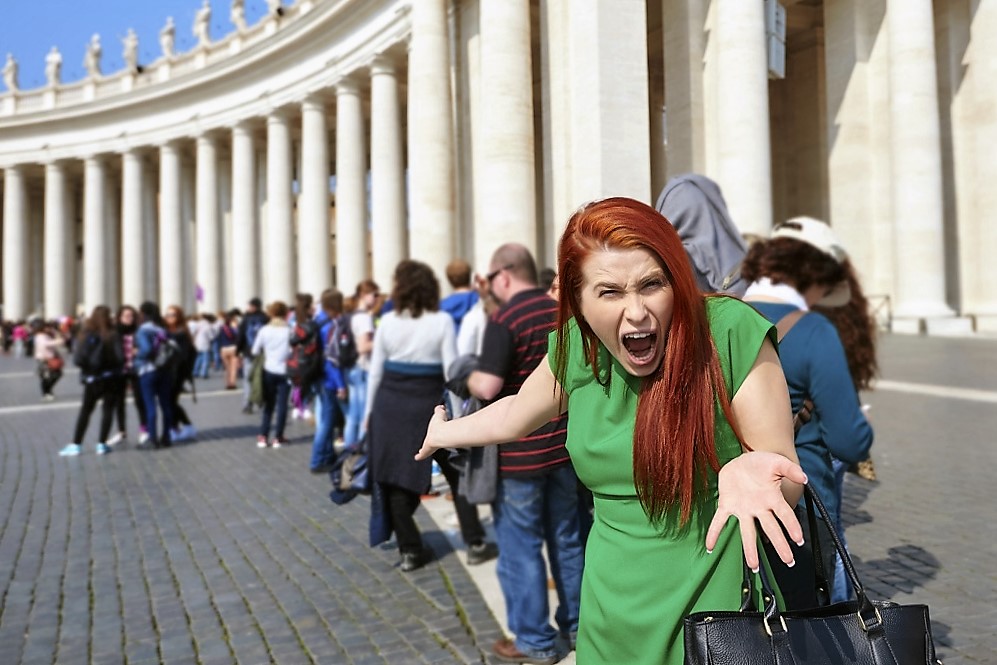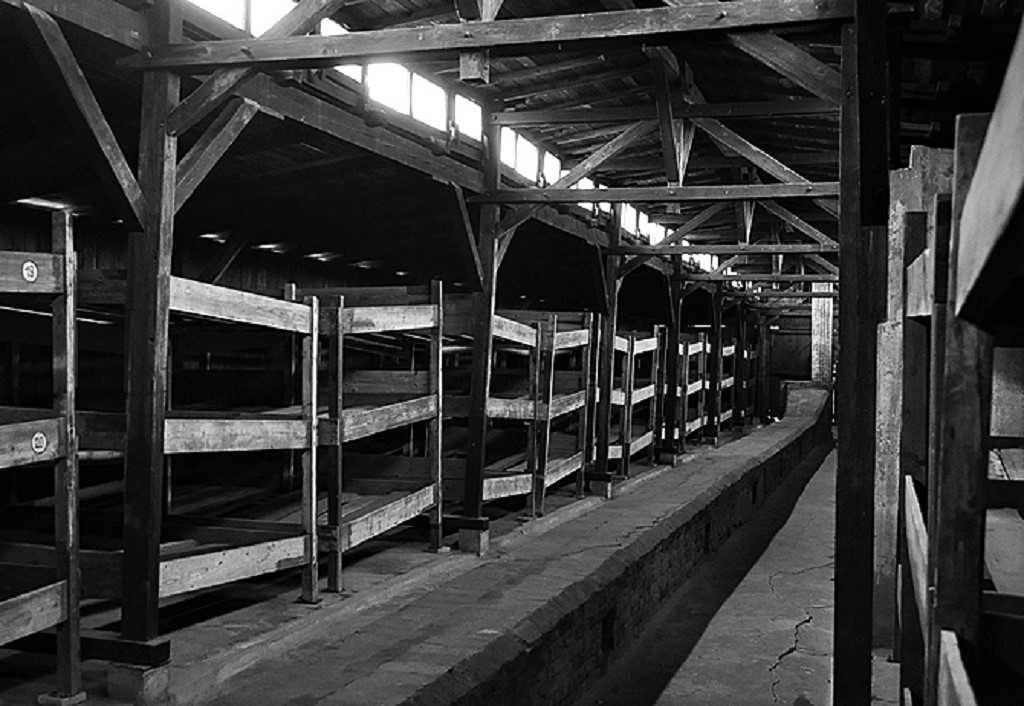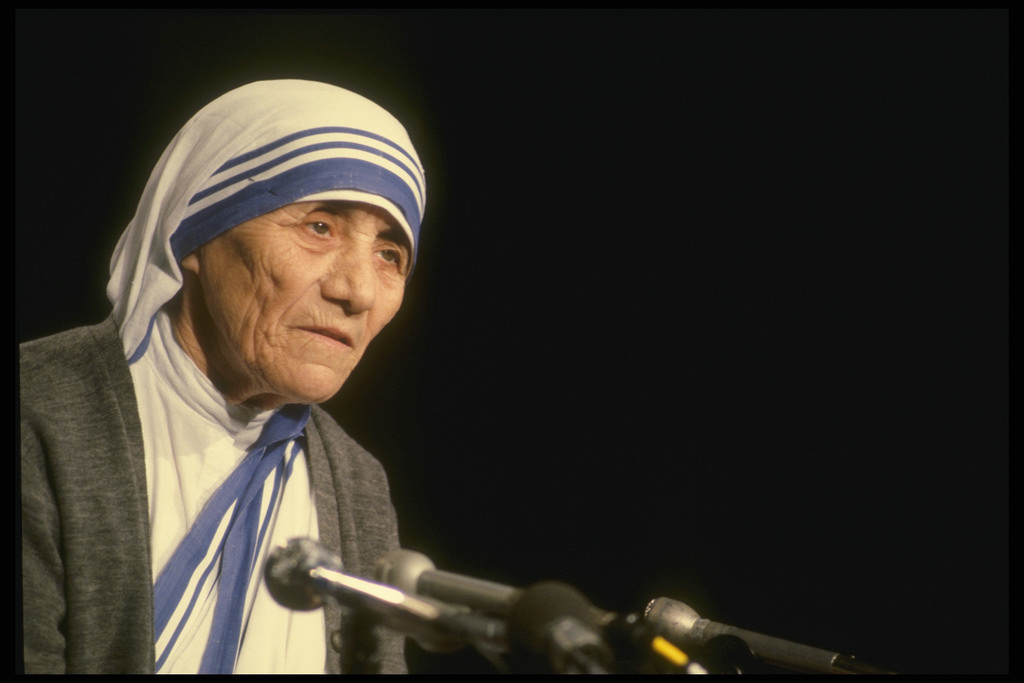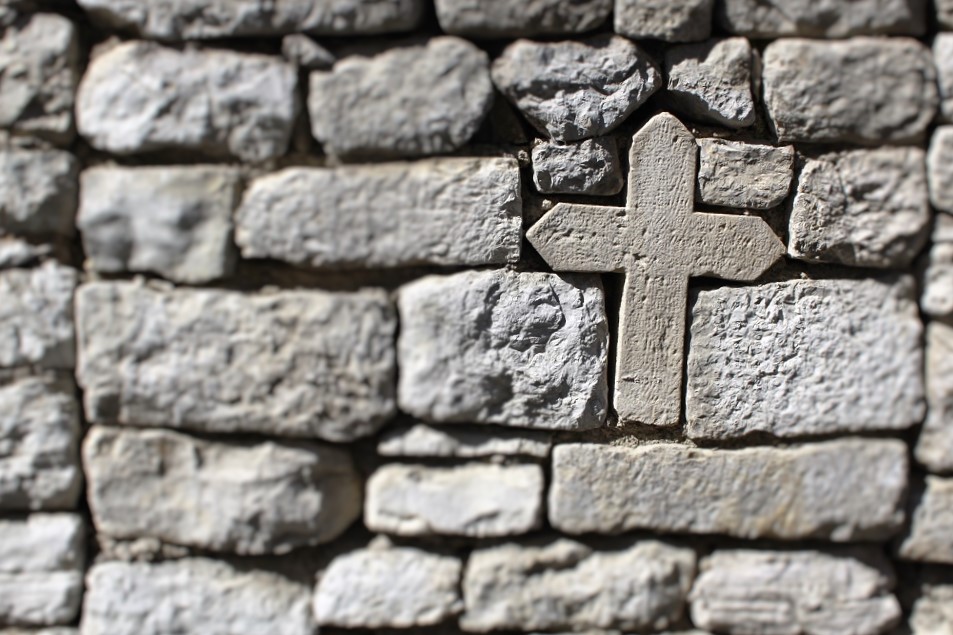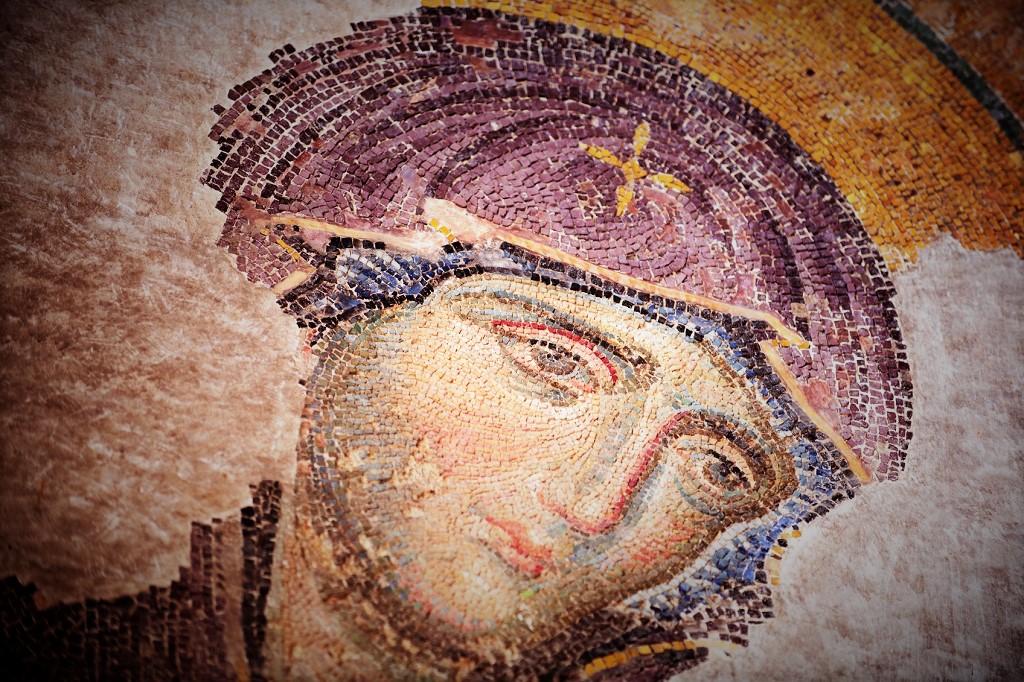Diocesan Publications is thrilled to have kicked-off its “Signature Artist Series” with California artist Jen Norton. (You can read Norton’s bio here.) While our in-house artists and graphic designers are very talented, it is exciting to collaborate with artists such as Norton. Even more exciting is getting the chance to speak with her, and learn more about her work.
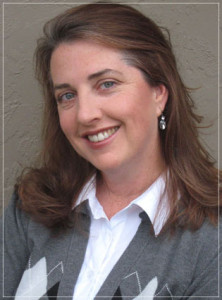 What’s your earliest memory of creating something artistic?
What’s your earliest memory of creating something artistic?
JN: Probably age 2, sitting at the kitchen table at my parents’ house.
I was debilitatingly shy as a child; I don’t know what they’d call it today, but somewhere in grade school they evaluated me and said, “She’s retarded.” It could have been anything – something on the Asperger’s spectrum, selective mutism, social anxiety – some kind of debilitating social illness. I didn’t really talk to anyone but my mother for the first seven years of my life.
My preschool teachers figured out I’d be perfectly happy if they put me in the corner with artistic materials and let me go at it. It was the only place I felt safe. It [art] is a part of my being.
I was no child prodigy; my art looked like every other kid’s art. It was about expression; I could express what I needed to express with art. And I could do this on my own and make myself happy without having to interact with other people.
As your talent developed, were there other artists who influenced you?
JN: My third “real” job after college was as a graphic designer in Silicon Valley. As a designer, you get these giant illustration books, and on my downtime, I’d flip through them. I admired these beautifully hand-done illustrations. Gary Kelley is one name that comes to mind, and Mary GrandPre who’s done all the Harry Potter stuff.
In terms of art history, the Post-Impressionist period, when people began to really experiment with paint. I’ve gone to d’Orsay and been in the Degas room, staring at one painting for twenty minutes and my husband is like, “What are you looking at?”
It’s when you take the technique and you start to experiment – the color and the experimentation is interesting to me.
I know, as a writer, that an artist can find inspiration just about anywhere. You can see a billboard and go “Aha!” What are some of those “triggers” for you as an artist?
JN: Oh, gosh. Just nature. You know, you have the elements of design: color, shape, texture, space, form, harmony, balance … Pattern and color do it for me.
It can be a pattern in a leaf or a flower – those little bits and pieces get into my paintings. Getting out of my own head space, you know. Being an introvert, it’s very easy to be happy and stay happy inside my own head, but when I get out – to the ocean or the mountains – it refreshes you. It gives you new eyes.
I love to read Scripture or read, well, I’m reading this book on Mary Magdalene right now because she fascinates me.
During his papacy, St. John Paul II wrote a beautiful letter to artists. He spoke about their role in culture. How do you see your work as not just creating a beautiful “thing” but as a spiritual act?
JN: Art is an emotional language, so just like learning English or Spanish, it is absolutely necessary to learn some form of art (writing or music or painting or whatever) as your emotional expression.
You see so much violence in schools, and we all complain about [the loss of the arts in schools] but we realize it’s not just about “She wrote a great book” or … It’s an expression. For me, it’s in doing the art, working out problems. When it gets to the point where I like it and I think “that’s authentic” – there’s no way you can lie in art. If it’s authentic, it’s from your soul. It’s how you think your way through it.
Our society absolutely has to have a way to express itself on a more emotional level. Most of us have some level of disability of expression – like not being able to have a normal conversation – and we need another way to do it. If people were allowed to do that, if art were held in the same esteem as math and the sciences, recognizing that it’s a different animal but equal, I think we’d have a much healthier society.
Especially in America, we quantify everything by money. How much can you earn as an artist? Well, I don’t know; if you’re creative in how you do it, some make a lot of money. I’m making enough to help pay for my daughter’s college right now. It’s not a lost cause, and it’s not for everybody [as a career.] But to say art is “less” is to deny those who need [the belief that] they are just as important as those in math and science.
Much of your art combines the visual with language. This is sort of a “chicken and the egg” question – which comes first for you, the visual or the words?
JN: Like I said, art is my language so it goes together.
Both ways, I guess. There have been times when I’ve been commissioned to do something around a prayer and then I figure out the visual. And there are other ones where the image and the words kind of “gel” together. Or maybe I’ve done the image and I think, “This could use a little more…”
The first Catholic piece I did (because I was doing landscapes and such) came out of a difficult year, and the mantra that kept coming to me was “Let it be.” I felt like it was Mary, like saying a rosary, and it was her saying, “Let it be. Let it be. It’s okay. Everything’s going to be taken care of.”
It’s all different. There’s no format.
Obviously, your faith influences your work. How do you stay spiritually healthy so that your art continues to be true and beautiful?
JN: Well I don’t know if I do; I just try to stay indoors if I’m not feeling it [laughs.]
It gets really busy sometimes. I do a lot of production work because I sell copies of my work online. But I think for me giving myself time every day to reflect. I get up in the morning, make the coffee, feed the dog, and that’s when I’ll say a rosary. Somedays, I get really distracted: three prayers in and my mind is gone.
I have a daily Scripture reading that come through my email. I’ll try to take that half hour and just enjoy that moment. My mind will start to get busy with things I have to do that day, and I’ll go, “Wait a minute. I get this half hour for me.”
The rest is just day-to-day learning. If you’re trying to do right, and you do something wrong, you think, “Ok, I did that wrong. I don’t want to do that again.”
What’s your favorite part of the creative process?
JN: Every time you start, you look at that blank canvas and you think, “Ugh, that’s going to be so much work!”
You have to trick yourself into it. “I’m just gonna throw some color on this…” Part of my style has come around because I don’t want to take a lot of time sketching something out, or do an underpainting. I don’t have that kind of patience!
So I trick myself into it. I throw some paint on it, put some collage on, make some texture. “It doesn’t matter; I can paint over it.” I paint in acrylic because once it dries you can paint over it. So I paint and I get into it and there’s always this one point where I think “I’ve absolutely screwed this up. I have to fix it.” But I have to go through that frustration.
It’s between that point and the final touches that I’m beyond thinking of composition and structure; now I’m just doing textures and palettes and fun colors and balancing things. That’s where it’s much more emotional and intuitive and less thinking. That’s where I get the most enjoyment.
Thanks to Jen Norton for taking time to speak with us. We urge you to visit her website and take in more of her work.
